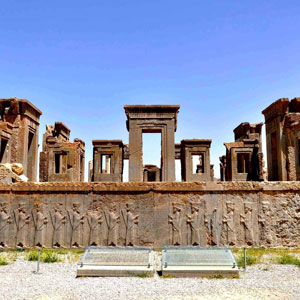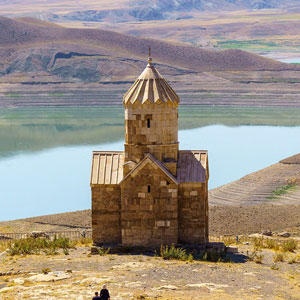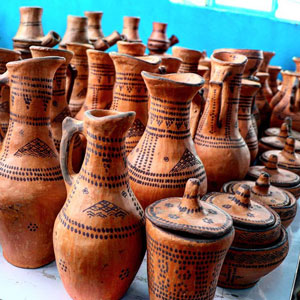 Signin with Google
Signin with Google Signin with Facebook
Signin with Facebook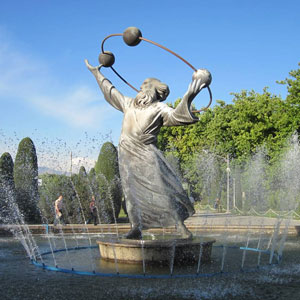 Literature
LiteratureHafez, the most Popular of Persian Poets
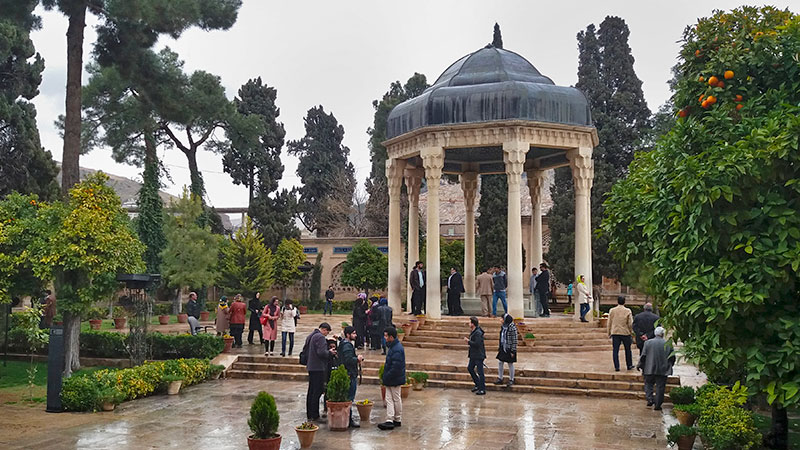
Hafez, the memory of a nation
Hafez Shirazi, the most celebrated of Persian poets, lived during the 14th century. If a book of poetry is to be found in a Persian house, the Divan, the collection of poems of Hafez, is most likely to be.
Hafez was both a great lyric poet, a writer of ghazals and a man of high spirituality. Hafiz is a title given to people who had memorized the Quran by heart. Hafez is also a divine name, meaning the One who protects, guards, etc. There are more titles after he died, such as 'Lesan-al-ghayb', meaning the tongue of the unseen. Such claims were given to him since people found a relevance between what they had in mind while reading his poems and what the poem reads. The lyrics of Hafiz overflows with a profound appreciation of beauty and richness of life. Hafez wrote the great Divan of over 500 poems over 50 years.
They are not classical literature from the remote past, but cherished wisdom from a dear, intimate friend. The poetry of Hafez celebrates every expression of love in the universe. The following lines of Hafez poetry are written on the red staircase of the famous Shakespeare and Co book store in Paris.
"I wish I could show you when you are lonely or in darkness,
the astonishing light of your own being."

Hafez poetry is entirely a passion and love story, and his poems are known to be mysterious. You have to read between the lines to figure out the real meaning within. The verses work as a mirror and reflect the happiness, grief, sorrow, hope and joy you find inside you. The sensations have made people believe in his poems to the extent where they make their life-altering decisions based on his book, called 'Divan-e Hafez'. They randomly draw from the ghazals and seek direction the poetry as an augur (known as Faal-e-Hafez). Iranians widely use Divan-e Hafiz as a rite in Yalda, Nowruz, Chaharshanbe Suri and other national celebrations.
From Bakery to becoming the poet of the Shah's Court
Hafez was born in the city of Shiraz. Despite his enduring popularity and fame, very little detail of his life is known. He lost his father in the early ages and left school to work at a bakery. It is noted that he met his lifetime sweetheart, Shakhe nabat while delivering bread to the wealthy quarter of the city. He married Shakhe nabat and had one child with her. He was also a religious scholar of his time. After he died, his word was spread rapidly as a masterpiece. It is not for sure when he started composing poetry, but he had likely begun with the prevalent career of writing panegyrics poems in praise of the Shah. He was first introduced to the court of the Shah Abu Isaac, the last ruler of Injuids.
The power of poems from east to west
Even though Hafez was not fond of travelling at all, he is a well-known poet, especially in certain areas like India. Instead of travelling around the world, he invited the whole world to his home, to his mind and thought. Most significant of all, Hafiz was an inspiration to Goethe, the great German philosopher. He was influenced to the extent that he calls Hafez Meister in his book West-Eastern Divan.
"Before I read some translations of this precious poet's poetry in the journals, I had not grasped the matter. But, at present, after reading the whole of his poems, I become touched by them in such a manner that I engaged in composing the poems in their response because I could not endure against this magnificent phenomenon. These poems exerted a strong and vivid influence on me", It is what Goethe wrote about Hafez impression on him on 7 June 1814.
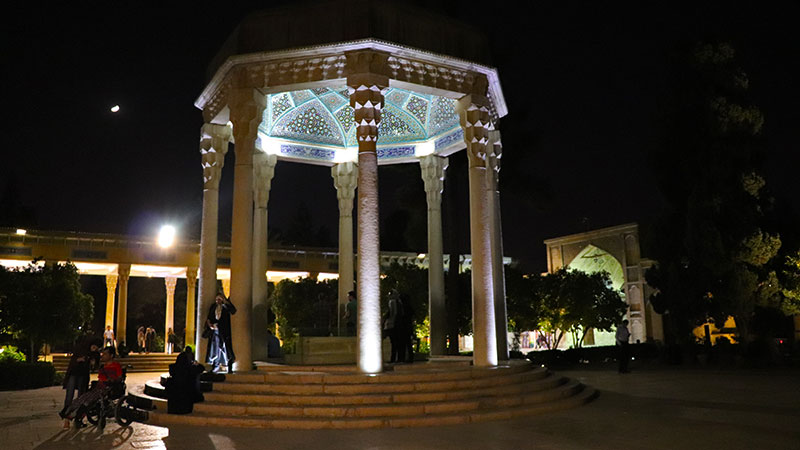
Serving the nation's proverbial language
Hafez used everyday language yet, it is still straightforward and smooth to read for people and few cannot recite some of his lyrics by heart as many of his poems are being used as proverbs by people with any educational background. Certain words are used as metaphors, a manifestation of his poetry, words like wine, drunkenness, cup, and rind. They resemble a spiritual voyage that One takes while discovering the mysteries of love.
The cup of wine symbolizes the heavenly drink in a bowl, but also implies the uncertainty of life. 'no one knows the mysteries of the invisible world' as Hafez mentions in his Divan. Furthermore, the cup itself mirrors the image of the human's heart, which needs to be purified by the sorrow of love.
Hafez calls himself 'rind. Rind might be the most difficult word to translate — meanings a free-spirited thinker, advocator of physical seduction, inspired libertine.
Lover, profligate, glance - player, I am and it openly, I say
That thou may know that, with so many excellences, adorned am I
Hafezieh, the capital of lovers
In memory of Hafez, a structure was built over his gravestone in 1452. The building and the area around it have been reconstructed a few times, till 1935, when the French architect and archaeologist Andre Godard designed and built the latest dome-like structure with eight stone pillars. The tomb of Hafez and its associated memorial halls are called Hafezieh. Every year people go to the Tomb of Hafez for different occasions like his national day. It is a place where people find peace and comfort and a definite destination for tourists, art and culture lovers.
The poems of Hafez have inspired great Persian singers, and he has touched our hearts and soul in many unwanted ways. All musicians, writers, singers and in one word all Farsi speaking people around the world owe it to Hafez.
By Maryam Mobarhani / TasteIran

